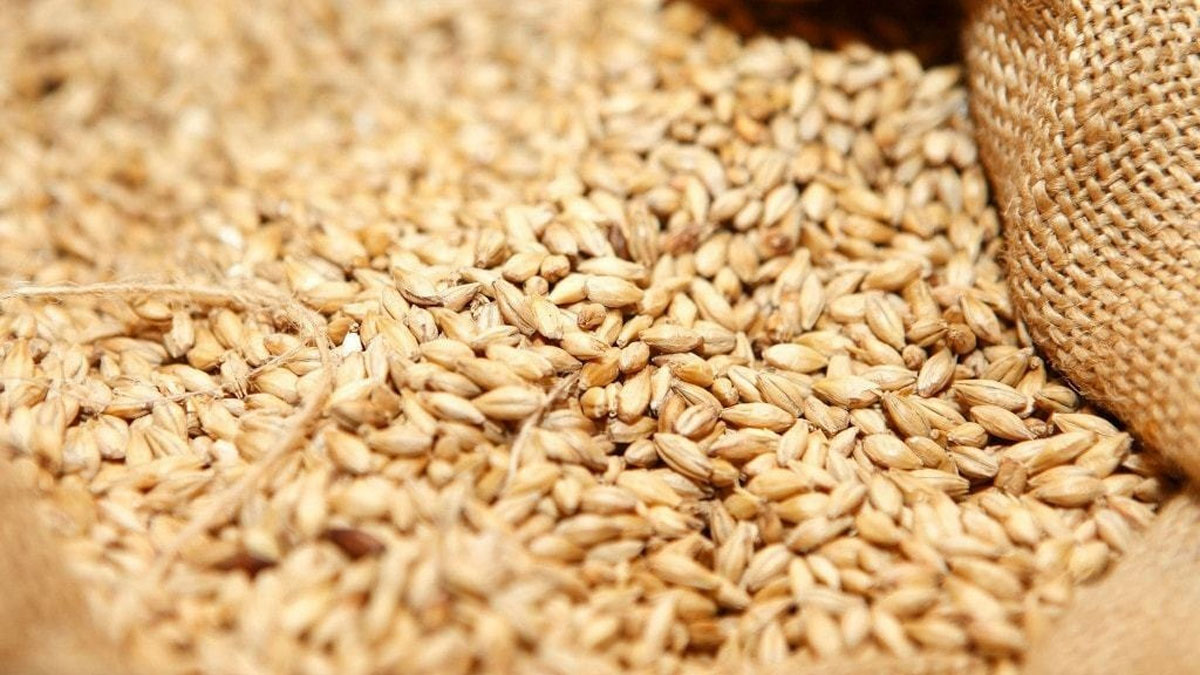Pakistan placed an order for four cargoes for July and out which the first cargo of imported wheat reached Pakistan on July 5 and three more cargoes would reach in the ongoing month.
Pakistan received bids of 500,000 tons of wheat import out of a total of three million tons and Pakistan Agricultural Storage and Services Corporation (PASSCO) would store the imported wheat and release it to the provinces according to their need.
Sindh had demanded 200,000 tons of wheat, and the Khyber Pakhtunkhwa and Punjab demanded 1,000,000 tons each.
The government of Pakistan approved the import of 500,000 tons of wheat at a cost of Rs 103 per kg, which is more economical than the last tender, as it fights a challenge to earmark another Rs 54 billion for food subsidies only five days after the implementation of the new budget.
The meeting of the Economic Coordination Committee (ECC) made the wheat import decision and also allowed rupee-based trade with Afghanistan for a year in order to lift the pressure on foreign exchange reserves.
However, it also relaxed the import ban on goods that was imposed in the country on June 30.
The ECC gave a nod to the lowest bid of Cargill International/ Cargill Agro Foods Pakistan at a price of $439.4 per ton for 110,000 tons to the extent of a total of 500,000 tons of wheat import, the Finance Ministry said. The total contract amount is $220 million.
Read more: Pakistan to directly import 2 million tonnes of wheat from Russia on cash
The meeting asked the Ministry of National Food Security to discover the possibility of imported wheat on three-month deferred payments because of the external sector constraints.
Meanwhile, the private sectors are not likely to load wheat until confirmed letters of credit for import are released by banks.
Pakistan experiences a shortage of four million tons of wheat and up to now, it has concluded contracts for one million tons.
Moreover, the Ministry of Industries submitted a summary for a supplementary grant of Rs 53.4 billion for the provision of five subsidized goods at the Utility Stores Corporation.
For this purpose, the government had budgeted Rs 17 billion however the amount seemed to be sufficient to meet only one-fourth of the total needs.
“The ECC decided to continue subsidies on five essential commodities with direction to the Ministry of Industries and Production to work out feasible proposals on subsidy programmes keeping in mind the financial implications,” according to the decision.
The ECC, however, did not make a clear decision on the Ministry of National Food Security’s request to declare the “National Disease Emergency” due to the emergence of Lumpy Skin disease in Pakistan and reserved Rs 3.8 billion for emergency purposes.





















